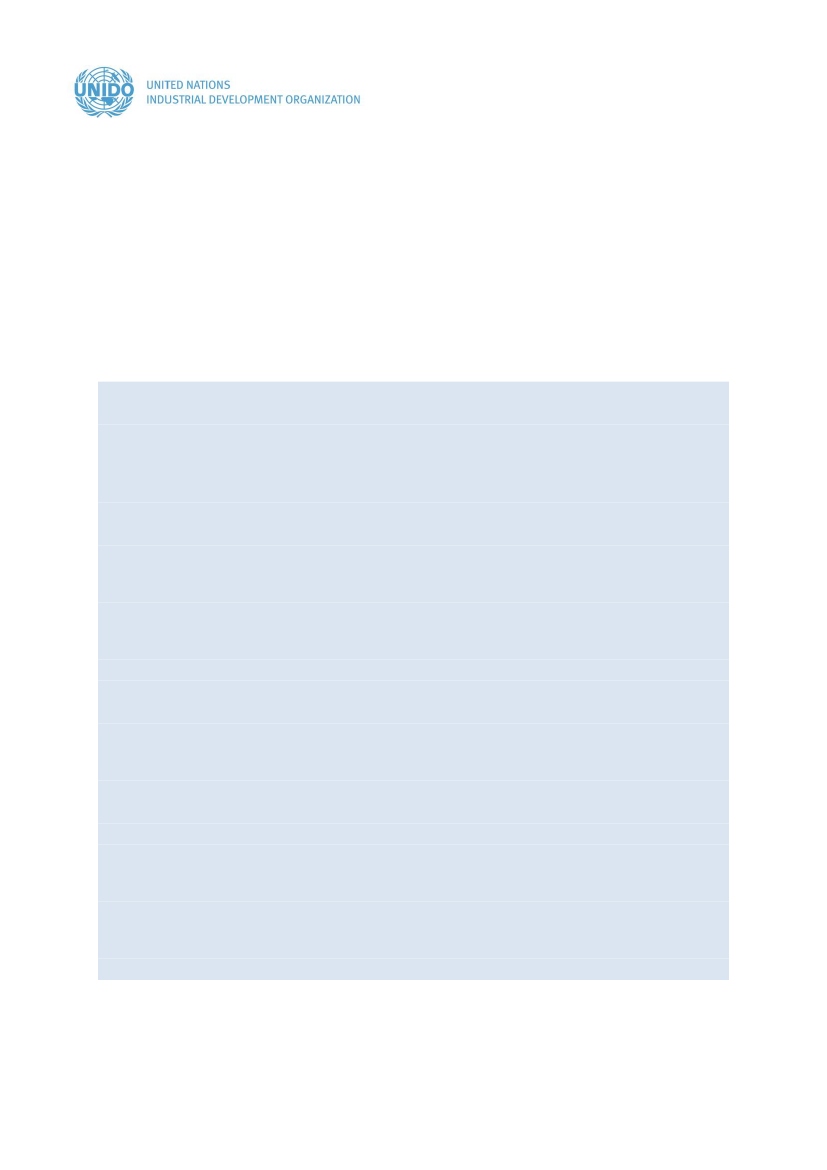
The added value of UNIDO membership
Denmark
Summary
The draft Finance act for 2016 proposes a reduction of DKK 2.3 billion on spending for development
cooperation, and entails the full withdrawal of membership from the United Nations Industrial
Development Organization (UNIDO) effective 1 January 2017.
Should this proposal be accepted, it would be the first time in the history of Denmark that this
founding member and historically strong supporter of the UN system would leave an organization of
the UN family. This would come shortly after world leaders have adopted the 2030 Sustainable
Development Agenda in a historic summit of the UN General Assembly chaired by Denmark.
The Danish 2016 contribution to UNIDO regular budget amounts to DKK 6.1 million or approximately
0.04% of the total proposed Danish development cooperation budget in 2016 (DKK 14.8 billion).
The work that UNIDO has been undertaking since its inception is fully in line with the new priorities
of the government of Denmark to “work
towards meeting the developing countries demand for trade,
investments, and technology so as to promote economic growth […] further the conditions of
developing countries and a sustainable business community that creates jobs and economic
prosperity”
as outlined in the 2016 development cooperation budget proposition (p.6).
The same budget proposal also foresees “setting
aside resources to international organizations
working in the area of trade and development in order to strengthen the capacity of developing
countries to benefit from access to existing and new markets”,
an area where UNIDO was particularly
praised by the Norwegian Agency for Development Coopration (NORAD) in 2015 for its contributions
in the area of trade capacity-building as “centre
of excellence,
[…]
playing a special and somewhat
unique role in this field”.
Following a formal invitation by the Danish Government in May 2015, UNIDO is currently in the
process of establishing a UNIDO Nordic Office in the UN City Copenhagen by the end of 2015.